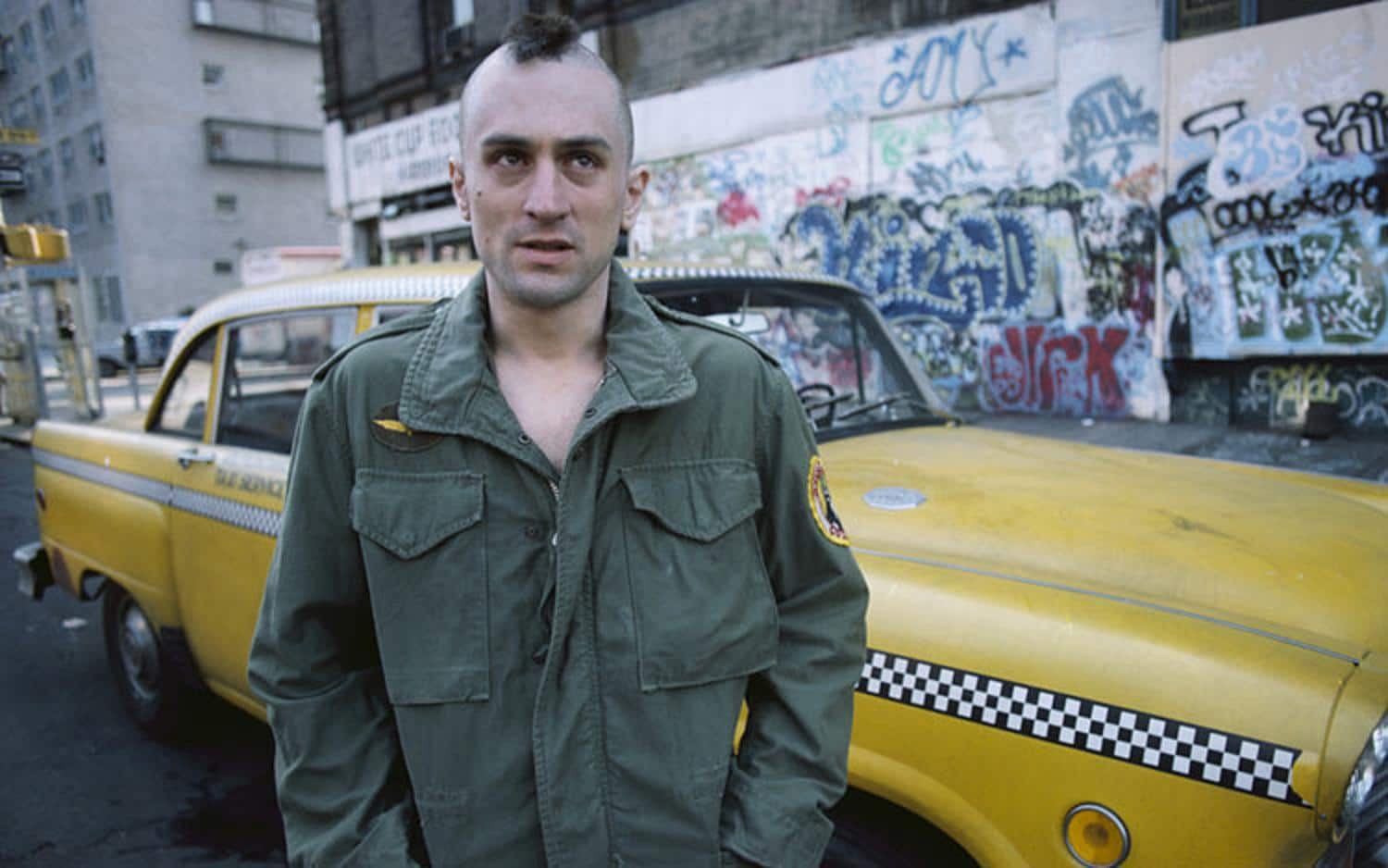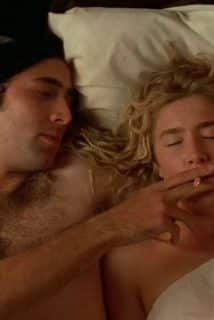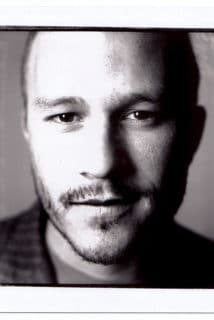8 Toxic Masculinity Films
Culture
The unpleasant extremes of male behaviour explored by some of cinema's all-time greats…
Toxic Masculinity is a slippery and ultimately unhelpful phrase which owes more to social media mud-slinging than any serious analysis. Yet, with it being so present, it does make you consider extremes of male behaviour and some of the reasons why they may occur. It is not that men are inherently evil – well, there’s a few out there – but horrible behaviour may result from environment, abuse, trauma, guilt, shame, hate, self-hate, ego-mania or any combination of things. It is not easy to understand, which isn’t to say it should be excused, just that there is nuance here, as with anything to do with human behaviour. This is why art is often most suitable to explore these issues, and particularly the movies, because they can lend a certain atmosphere, scene-setting and psychological insight to illustrate individual destruction. Here are some of the most searing examples of that, selected not because of simply plastering toxic masculinity gleefully on screen but who take a more considered approach (this means no Tarantino, sorry). As you’ll see, it illustrates male extremity is not a new debating point, and has been always a real and present danger to be illustrated both as cathartic release and fascination with humans’ capability to create a Hell for themselves.
Bad Lieutenant (1992)
Abel Ferrara is the infamous Bronx director of exploitation classics like Driller Killer and later indie-classics like King of New York, a man given to bringing male mayhem to his sets not just putting it on screen. His ultimate statement is Bad Lieutenant, starring that other key cinematic expression of destructing masculinity, Harvey Keitel. An all too real trip into a living nightmare of a cop hell-bent – in every sense – on descending into corruption, drug abuse and sexual degradation. It is not a particularly pleasant film – and indeed was banned in many places due to scenes such as the one where Keitel’s unnamed cop pulls over two teenage girls and forces them to strip while he masturbates – but written by Ferrera and his heroin addict friend Zoe Lund, it’s more nuanced then reputation suggests; effectively it depicts a man torn apart by drugs and Catholic guilt, and almost fascinated by his own loss of humanity.
The sequel, Bad Lieutenant: Port of Call New Orleans, with Nicolas Cage, was hated by Ferrara and Keitel, and indeed, fun as it is, plays the drug abuse for laughs. The original makes so such concessions, and unflinchingly looks at the dangers of a male losing his identity to rage.
Apocalypse Now (1979)
For us, this is Coppola’s masterpiece, surpassing The Godfather as it goes freeform to embrace the extremities of male behaviour that can result when permission is granted to run wild; notably, the only women in this world are sexual fantasies, a group of Playboy models helicoptered in for a show that quickly goes out of control. Through the eyes of Willard we see men existing outside of their usual civilisation, turning into primal animals by the fear and the horror of war, and losing their morality in the pursuit of victory and power. Of course the ultimate example of this is the man waiting at the end of the journey, Colonel Kurtz, a shaven headed, semi-mythological figure, driven mad by his own ego, believing himself to be a god, or the devil. It can be seen that in killing Kurtz, Willard is killing the horror men are capable of. Yet in killing him, he shows he has that same capacity for horror within him too. There are no easy solutions to the dark side of men here.
Shame (2011)
Steve McQueen’s disturbing depiction of sex addiction stars Michael Fassbender as New Yorker Brandon, a man alienated from normal human relationships and only able to find release through prostitutes and porn. As the opening scene famously shows, this is all about a man controlled by his dick, helplessly so, as much as any addict is enslaved by their drug. The numbess is the same too, the gratification he gets is never enough, and as he descends lower and lower to get his kicks, his emptiness grows further. He can’t seem to understand how to get out of it, even when he finds a partner who seems ideal for a loving relationship. Male sexuality has never been so portrayed so brutally as this, and indeed who can’t recognise the cold, blank, unemotional pure sexual self-interest of men in the current time of harassment headlines? Boys and men steeped in porn are destined for voyeuristic, inhumane sexual behaviour.
Taxi Driver (1976)
An obvious choice, but it’s still the most vivid depiction of male loneliness, and its link to extreme behaviour. We know mental health problems are exacerbated by men tending to hide their traumas and pain away, and in Travis Bickle we see how that can be further fuelled by fantasy and social humiliation until it bursts into violence as heroic delusion. ‘Are you talking to me?’ Travis says into the mirror, before pulling a gun on his own image. Self-disgust, coupled to disgust at the world around him, leads him to believe annihilation of himself and others, is the only way he can find redemption. You can take the ending as a dying man’s extension of that fantasy…
La Strada (1954)
Going back to the Fifties now with Fellini’s early classic and a heartbreaking tragedy from which it’s hard to recover as a viewer; some of its images stay with you forever. Guiliette Masina plays the simple girl taken from her home by Anthony Quinn’s circus strongman, who exhibits all of the toxic brutalities you might imagine, as he heartlessly exploits and abuses her good nature. What really hits home, without spoiling the end, is Quinn’s ultimate fate, which is not so much a redemption as a crushing realisation of the consequences of his ultra-male behaviour, which leaves him utterly abject. He deserves his fate, yet his pain and regret can’t fail to evoke pity.
Vertigo (1958)
Hitchcock specialised in messed-up male psyches – his own, basically – and took delight in drawing audiences into sympathetic accord with them. His imperial period including Psycho and Marnie and Rear Window took the controlling, voyeuristic and violent impulses of men, and made them the audiences’ own too. Vertigo is the ultimate though, as Scottie is caught in a trap which makes him lose his mind to obsessive love, which then turns sadistically controlling. He is an ex-cop suffering from vertigo, who is tasked with following the wife of a friend; he falls in love with her, then watches as she falls to her (apparent) death which he can’t prevent due to said vertigo. Later he meets Madeleine, the spitting image of Judy, and begins to dress and dye her hair until he recreates Judy, leading to a recreation of the initial death. It is a devastating film, about desire and control, neither of which will ever be satisfied. The psychology of men ‘in love’ is pitilessly rendered.
Raging Bull (1980)
Another Scorsese classic, and indeed you could name any number of his films in showing masculine extremities. But Raging Bull has to be here, in showing a man in thrall to his own violence, hurting everyone around him as he loses all sense of decency in the name of power. For Jake LaMotta, male pride is paramount, he will not be knocked down in the ring, he will not be questioned by his wife and brother, he will not listen or back down, and in the end he pays the price. The scene where he pummels the prison walls in the shadows, screaming, “Why?” over and over, before pounding his head into the concrete and finally saying into the darkness, “I’m not an animal.” Primal maleness, its attraction and repulsion, are powerfully shown in Raging Bull as destined for a dead end.
Throne of Blood (1957)
Toshiro Mifune has been arguably the most important actor ever, more so than Brando, in depicting maleness in all its alpha glory and inherent destructiveness. Throne of Blood is Kurosawa’s version of MacBeth, and while of course Lady MacBeth is the demonic figure behind the scenes, in Mifune’s hands, the ego and pride of the would-be king is main culprit here. He wanted the glory, the power, no matter what the costs – as he achieves what he wants only to find it utterly empty and alone, many a ‘successful’ modern man may empathise. The finale as he is riddled with arrows by his own men but still keeps on coming to attack them is an unforgettable image of the impressive yet doomed absurdity of male pride.
Check out more films in our Toxic Masculinity in film.
Trending

Join The Book of Man
Sign up to our daily newsletters to join the frontline of the revolution in masculinity.

















